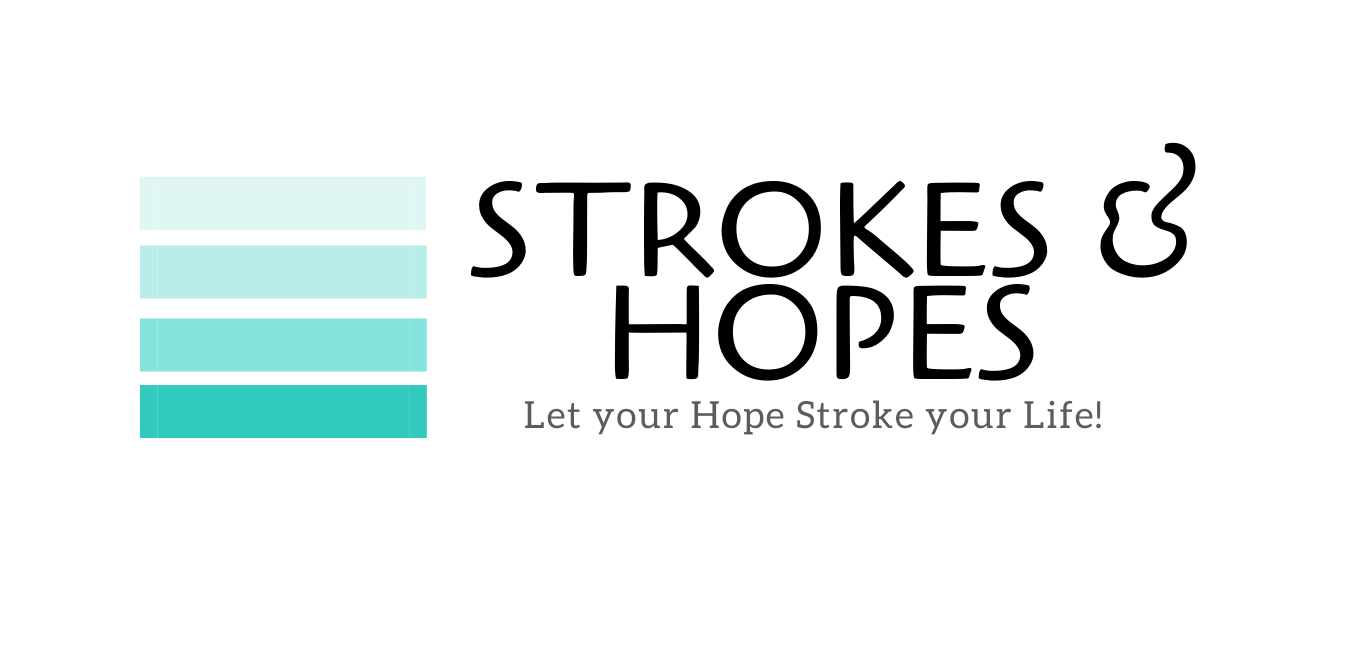When a person realizes he has been deeply heard, his eyes moisten. I think in some real sense, he is weeping for joy. It is as though he were saying, Thank God, somebody heard me. Someone knows what it’s like to be me
– Carl Rogers –
How is Counselling different from Psychotherapy?
Most of the people overlap the purpose of counselling and psychotherapy as same, but both are distinct from each other. In psychological counselling, its short-term sessions, in which therapist provide suggestion and guide his client through mental illness, whereas, psychotherapy attend the long-term remedy, in which client has to confront the mocking situation to address the problems.
Advantages & Disadvantages of Face to Face Counselling
- Personal form of therapy
- Non-Verbal communication
- Trust & Confidence
- Travel time & Expenses
- Lack of direct access for people
What To Expect At Your Visit
Perhaps you’re down or anxious, not confident, feeling unsure of how to plan the next major step of your life or feel that you aren’t living the life you were meant to lead. Whatever your needs may be, I am here to offer professional guidance, confidential self-discovery, true autonomy, positive outlook and empathetic support without any judgement.
Your initial appointment will likely be more rewarding if you do a little homework ahead of time. Doing so will not only help you clarify why you are seeking professional help but will also help the therapist.
Before your appointment, make a list of:
- Any issues, concerns, or symptoms you are coping with, even if they seem to be unrelated or are not why you are seeking therapy.
- Key personal information, including any major stresses or recent life changes
- All medications, vitamins or other supplements that you’re taking, including doses
- Questions to ask your Therapist




